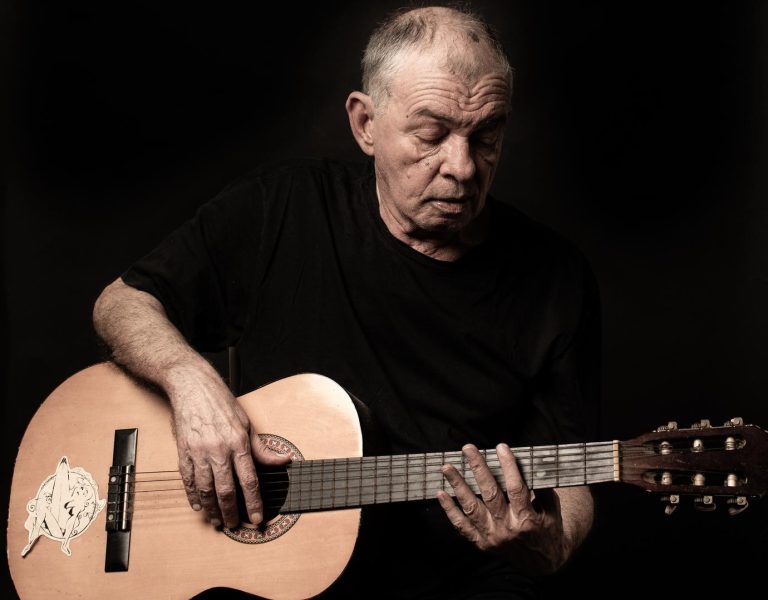
The Long Goodbye of José Mauro
30 September, 2024This time, it’s not a case of exaggerated rumours of the Brazilian singer-songwriter’s death. Far Out Recordings, the label that resurrected José Mauro, announced last week that he really had departed, after a short illness, at the age of 75. Not very old, perhaps, but considerably older than he’d been when he died the first time around.
His first, supposed death, by car accident or by the sinister machinations of the military junta it was rumoured, occurred not long after the completion of Obnoxius in 1970. In some respects, though, he did die. His was an age-old creative artist’s tale. Due to his album’s lack of commercial success – and it’s quite hard to see how anything quite so melancholic would be popular with the record-buying public – Mauro decided to pack it in for a quiet life in Rio. Rather than beat his head against the invisible brick wall, rather than quit “this mortal coil” like Nick Drake, he taught guitar, worked as a musical director at the Tablado Theatre School and wrote music for theatre – at least until Parkinson’s Disease sapped his physical and creative energies. Mauro revealed that otherwise he would have carried on composing, “always focused on a sense of beauty, a sense of wonder.”
His beauty-full, wonder-full Obnoxius might have remained one of those vinyl obscurities to be found in a dusty corner of a second-hand record shop if you were very lucky had it not been for Far Out Recordings chief Joe Davis’s ear for something special. The label re-issued the album in 2016 and thus it was that I heard the mesmerising title track on a Far Out sampler. The opening bars – the minor-key brass and the sombre spoken words – were quite enough to hook me and draw me into the music recorded in Rio’s Odeon Studios for Roberto Quartin’s eponymous independent label: 11 songs written with Mauro’s richly poetic lyricist, Ana Maria Bahania, sung in a mournful baritone and complemented by dramatic orchestrations – with the touch of an Ennio Morricone or a Nino Rota – by Lindolfo Gaya, and performed by a crack team of musicians. For anyone especially who perceives a paradoxical beauty and sadness at the heart of existence, the result was something mesmerising, indelible and quite unique.
In 2021, Far Out re-issued a second album, A Viagem Das Horas. As good as it is, it never quite seemed a true follow-up, more a bonus after-thought, since the 11 songs were recorded in the same studio sessions and involved the same team. Three never-previously-heard numbers were leftovers from the Obnoxius main course. So it suits me to bracket José Mauro with writers like Ralph Ellison and John Kennedy Toole as artists who never quite managed to serve up further helpings of Invisible Man or A Confederacy of Dunces, but who left us with masterpieces that would ensure their immortality.
It could have been a truly sad tale, like John Kennedy Toole’s (who committed suicide). As Mauro told the Guardian in 2021, “it is unpleasant to live unacknowledged.” “I was taken for dead for so many years,” he went on to say. “Now my work is being acknowledged. It’s incredible.” Incredible, indeed, that Joe Davis found the 1970 LP in a dollar bin in a Rio record shop and subsequently brought both album and artist back to life. In the same Guardian article, Davis revealed how he’d “discovered a magical record. The musicians on it are the A-team, the arranger Gaya was a true maestro, and José and his lyricist Ana Maria Bahiana had a magical partnership.”
A magical partnership and a magical tale, even if tinged with the sadness of this recent news.
Follow Sounds and Colours: Facebook / Twitter / Instagram / Mixcloud / Soundcloud / Bandcamp
Subscribe to the Sounds and Colours Newsletter for regular updates, news and competitions bringing the best of Latin American culture direct to your Inbox.

